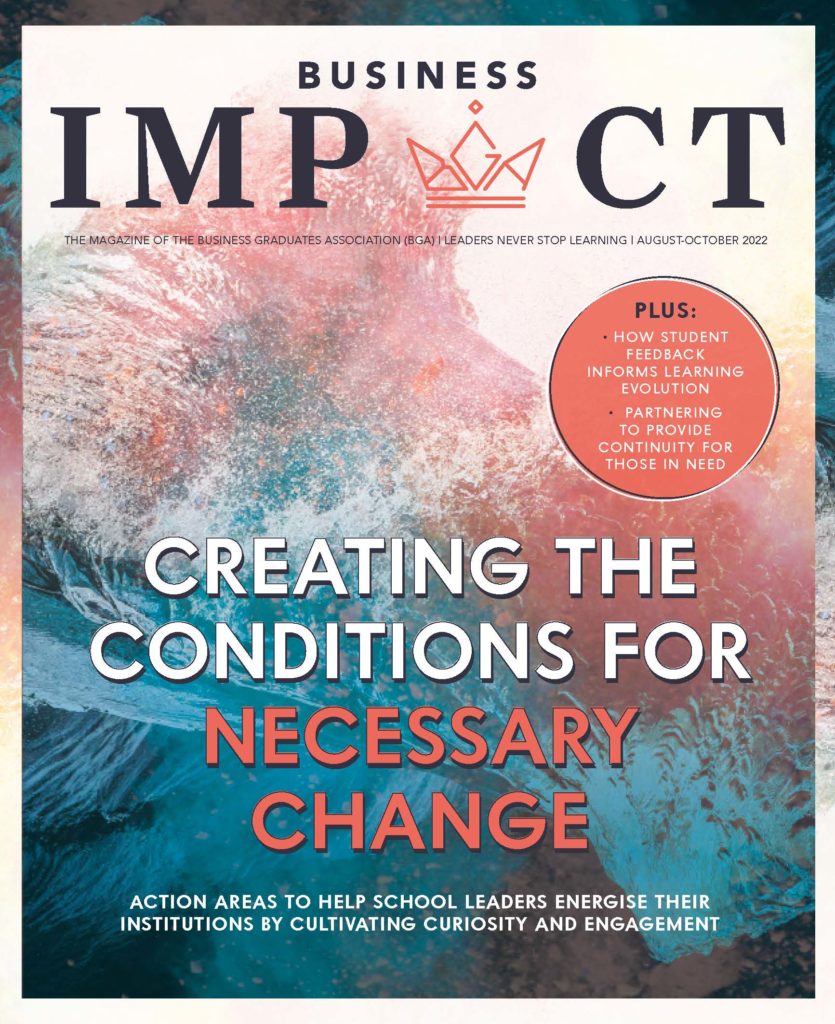
How universities and business schools can develop a strong organisational culture
What is the recipe for a robust organisational culture within educational institutions? Oxford Business College’s Fawad Inam reveals the key features and outlines strategies for its continued growth and improvement








